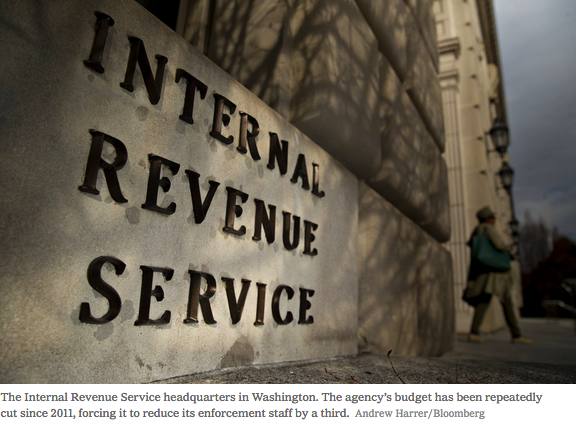North American business leaders are breathing a sigh of relief after Canada agreed, at the 11th hour, to join the revised North American Free Trade Agreement between the United States and Mexico. But before they break out the Champagne, they should look at the details.
Although the revised deal brings much-needed modernization in areas such as e-commerce and intellectual property, the media spotlight on Canada has obscured a bigger problem for the region: Under the new terms, North American trade is headed off the rails and, perhaps along with it, political stability south of the border.
A key goal of Nafta, like all free trade agreements, is bringing certainty to the rules of the game to facilitate commercial exchanges. The new deal, called the United States-Mexico-Canada Agreement, undermines that certainty in two ways.
First, the deal eliminates expert panels for resolving government-investor disputes in most industries, save for those covering energy and telecommunications. Although it preserves panels for bilateral disputes regarding dumping and countervailing duties, it defers to domestic courts as the main mechanism for solving controversies should governments change the rules down the road. This measure puts a lot of faith in the transparency and competence of the legal systems of the member countries and opens the door to potential cronyism, unequal access to those systems and even corruption.




